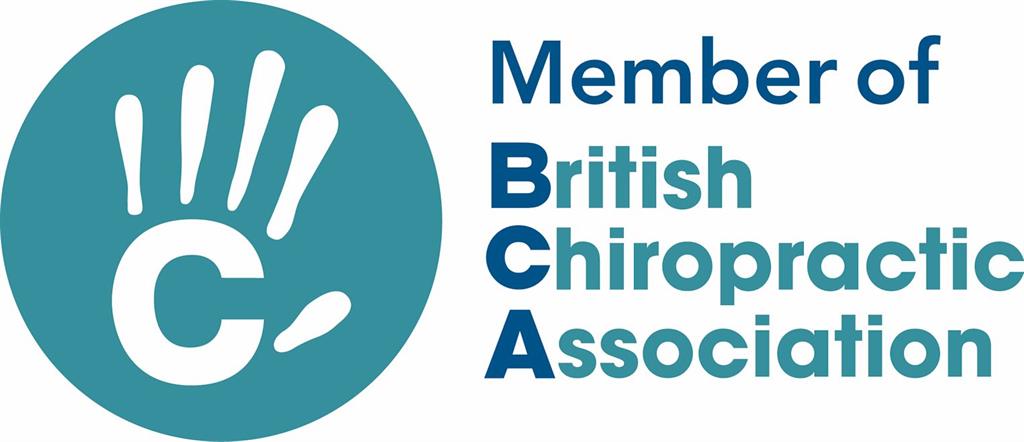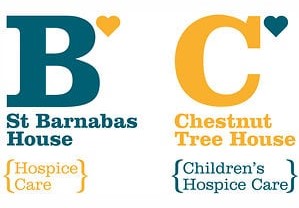
The Mediterranean diet is widely known for its fresh ingredients, fish and vegetables. And for being great at preventing diabetes and heart disease.
Although the ingredients are found in the Mediterranean Sea area, they are all available and easily accessible, which is why many find it easy to follow.
It incorporates the traditional healthy living habits of people from countries bordering the Mediterranean Sea, says the NHS, and is largely based on vegetables, fruits, beans, whole grains, olive oil and fish.
"Lots of fresh veg, healthy fats (extra virgin olive oil, oily fish, nuts, etc) and not a pop tart/cereal bar/packaged good insight," says Francesca Fox, health and nutrition expert. "If I was to bracket my lifestyle to a "diet" as such, this would be it."
"The Mediterranean diet has some strong evidence behind it showing benefits on health reducing the risks of chronic diseases such as cardiovascular disease, obesity and type 2 diabetes," Dietitian Priya Tew says. "It is a well balanced and sensible approach to eating that is easy to follow. I would suggest this is less of a diet and more or a lifestyle.
"Rich in fruits, vegetables, legumes, fish and olive oil, I believe everyone can benefit from adopting this general style of eating. If weight loss is an aim however, people still need to be cautious of the high calorie contribution of the healthy fats in this diet."
"The Mediterranean diet is the one that currently has the most scientific evidence behind it," says Fitness author Sam Feltham, "however, my problem is that yet again it still has the overriding way of thought to be that it is healthy because of the limitation of calories and not because of the biochemical reactions from the food you eat on it. Overall, I quite like the Mediterranean diet because it encourages real food and getting back in touch with cooking but I would ask people to hold the grains and keep the fat on the steak."
Enjoy!
MG
Although the ingredients are found in the Mediterranean Sea area, they are all available and easily accessible, which is why many find it easy to follow.
It incorporates the traditional healthy living habits of people from countries bordering the Mediterranean Sea, says the NHS, and is largely based on vegetables, fruits, beans, whole grains, olive oil and fish.
"Lots of fresh veg, healthy fats (extra virgin olive oil, oily fish, nuts, etc) and not a pop tart/cereal bar/packaged good insight," says Francesca Fox, health and nutrition expert. "If I was to bracket my lifestyle to a "diet" as such, this would be it."
"The Mediterranean diet has some strong evidence behind it showing benefits on health reducing the risks of chronic diseases such as cardiovascular disease, obesity and type 2 diabetes," Dietitian Priya Tew says. "It is a well balanced and sensible approach to eating that is easy to follow. I would suggest this is less of a diet and more or a lifestyle.
"Rich in fruits, vegetables, legumes, fish and olive oil, I believe everyone can benefit from adopting this general style of eating. If weight loss is an aim however, people still need to be cautious of the high calorie contribution of the healthy fats in this diet."
"The Mediterranean diet is the one that currently has the most scientific evidence behind it," says Fitness author Sam Feltham, "however, my problem is that yet again it still has the overriding way of thought to be that it is healthy because of the limitation of calories and not because of the biochemical reactions from the food you eat on it. Overall, I quite like the Mediterranean diet because it encourages real food and getting back in touch with cooking but I would ask people to hold the grains and keep the fat on the steak."
Enjoy!
MG



 RSS Feed
RSS Feed













